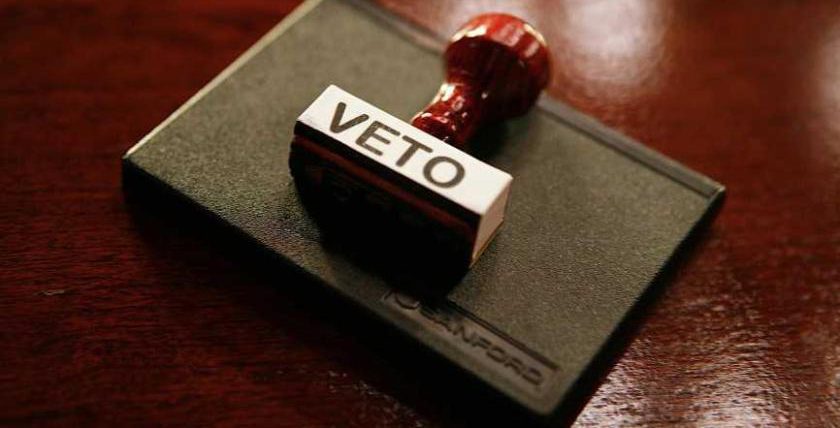Fears that online gaming might cannibalize revenue from the official state lottery have temporarily put paid to the passage of Michigan’s proposed internet gambling bill. That was the view of Republican Brandt Iden, the sponsor of the bill that was vetoed by outgoing Governor Rick Snyder late last week, effectively delaying its introduction into law by at least one year.
Speaking to Online Poker Report, Iden said that Snyder’s office harbored concerns that online gambling, which would include sports wagering, would take money away from the state lottery which funds Michigan’s public schools.
He told the news and opinion website: “The veto pen came out for my entire gaming package, which is incredibly disappointing. We had no idea this was coming. We had all the stakeholders supportive of the package and we had alleviated any concerns, so this is a very surprising outcome.”
Iden added that as a free-market Republican, he took exception to what he described as a ploy by the Governor’s office to monopolize lottery revenue. Snyder, however, defended his decision saying that it was not appropriate to sign legislation that will result in more gambling which could result in a loss of revenue for the state due to dealing with social service issues arising from increased gambling participation.
The shock veto was also criticized by the National Horsemen’s Benevolent and Protective Association (HBPA). George Kutlenios, President of the Michigan branch, wrote: “Introduced by Republican Dan Lauwers almost two years ago, this bill would have supported the horse racing industry in Michigan by modernizing the Horse Racing Act to support Advanced Deposit Wagering and support Michigan’s second largest industry, agriculture.
“Over the past several years, the Michigan HBPA has worked with the administration and legislators on ways to promote and support the equine industry in Michigan. This bill was specific to the state’s horse racing industry and would have helped modernize an industry that has been a part of Michigan’s history since 1938.”
He added: “The industry has been unable to modernize due to constraints within the Horse Racing Act. Unfortunately, the law authorizing horse racing has been unable to keep pace with the advancement of technology. HB 4611 would have allowed for Advanced Deposit Wagering (ADW) that is currently allowed in nearly every state in the nation. ADW mirrors the current form of placing a wager on a horse race but simply would allow the wager to take place from a mobile device such as a phone.”













